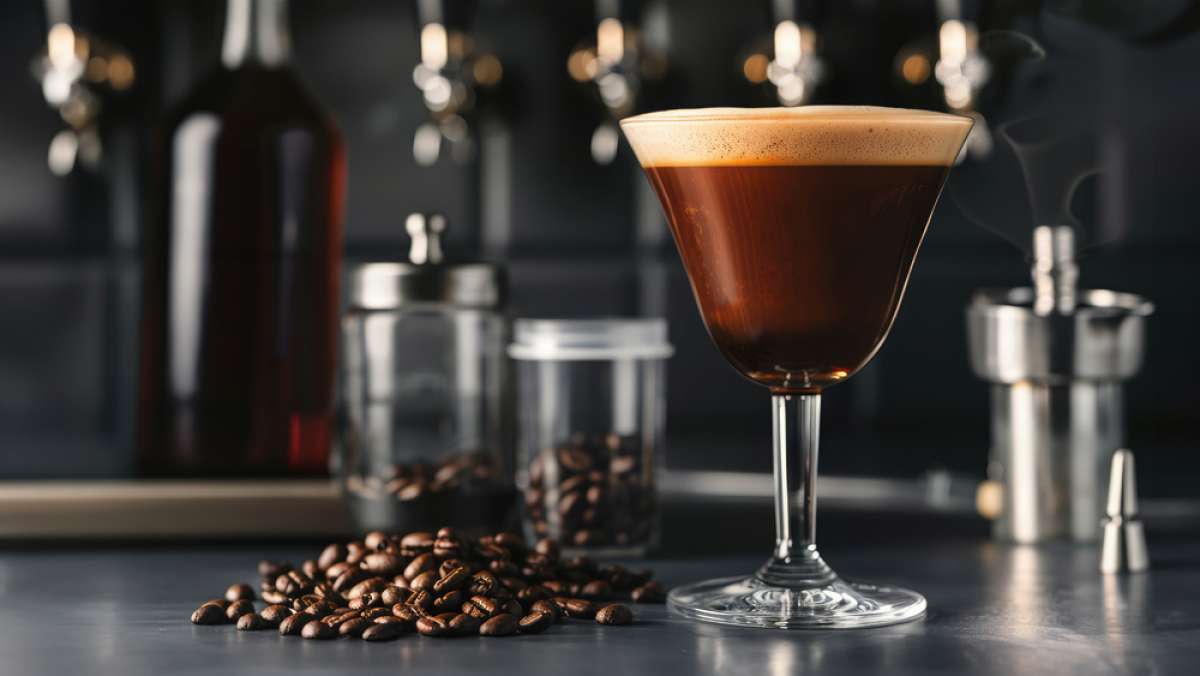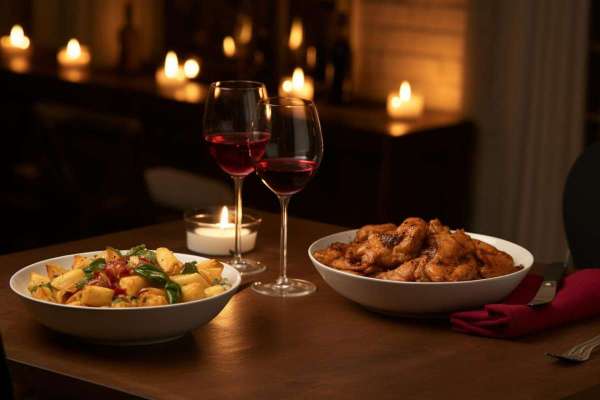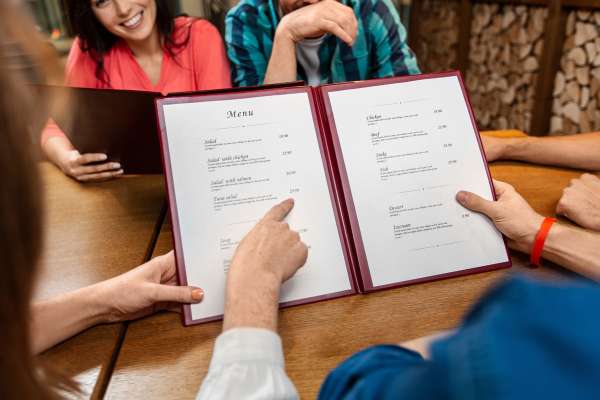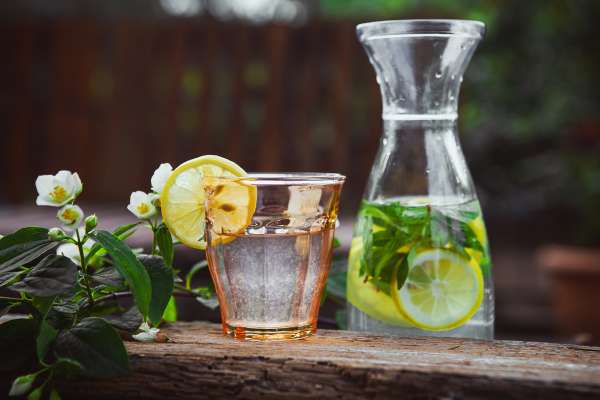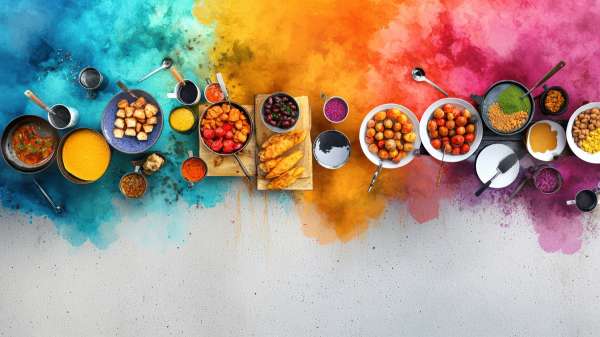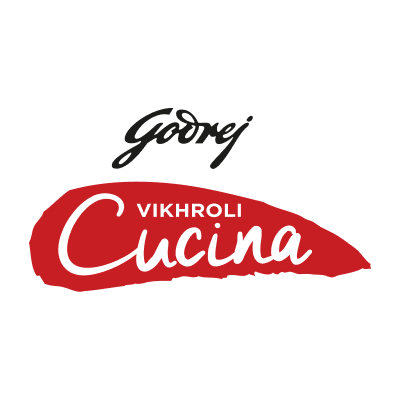
Beyond the bean: The world of coffee liqueurs
Raise a glass and savour the rich and aromatic experience

Coffee has captivated the world with its rich aroma and invigorating taste. Beyond the classic cup, the beverage has evolved into a versatile ingredient, inspiring the creation of a diverse range of drinks. Among these, coffee liqueurs have emerged as a popular category, blending the warmth and complexity of coffee with the spirit of alcohol.
Shatbhi Basu, master mixologist and partner at Mumbai’s STIR Academy of Bartending agrees and says in the Godrej Food trends Report (GFTR) 2024, “Spirits will continue to grow. We should see growth in flavoured spirits, and liqueurs- especially coffee-based ones. And it’s about quality, not quantity.”
Kahlúa: The quintessential coffee liqueur
Hailing from Mexico, Kahlúa is arguably the most iconic coffee liqueur worldwide. Its story begins in 1936 when two friends established a coffee roasting company in Veracruz. Recognising the potential of coffee-infused spirits, they experimented with combining coffee extract with sugar and rum, resulting in the birth of Kahlúa. Today, 80 years later, Kahlúa is renowned for its smooth, sweet flavour with a hint of bitterness from the coffee. The liqueur is typically made with Arabica coffee beans sourced from Mexico and Central America.
Jägermeister Cold Brew Coffee: A German delight
Jägermeister, a traditional herbal liqueur from Germany with a 135-year history, has ventured into the world of coffee with its Cold Brew Coffee variant. This unique creation combines the classic Jägermeister formula with cold-brewed coffee, offering a bold and complex flavour profile. The herbal notes of Jägermeister intertwine with the rich, smooth taste of coffee, creating a truly distinctive experience. While the specific coffee beans used in Jägermeister Cold Brew Coffee may vary, the liqueur's overall character is a testament to the brand's innovative spirit.
Patrón XO Cafe: A luxurious indulgence
Patrón, known for its premium tequila, has expanded its offerings with the XO Cafe line. This collection features three distinct coffee liqueurs: Patrón XO Cafe, Patrón XO Cafe Dark Roast and Patrón XO Cafe Añejo. Each variant showcases the smooth taste of Patrón tequila infused with high-quality coffee beans. The liqueurs are crafted with a focus on quality ingredients and meticulous production processes, resulting in a luxurious and sophisticated flavour experience.
Regional favourites: Quaffine and Bandarful
Beyond the international brands, there are several regional coffee liqueurs worth exploring. Quaffine, from Karnataka, is a unique blend of coffee and sugarcane spirit. The liqueur's flavour profile is characterised by a balance of sweetness, bitterness and the distinct aroma of coffee.
Bandarful, from Uttarakhand, is another regional gem. This coffee liqueur is made with grain sourced from Kumaon and Arabica coffee beans from Chikmagalur, offering a rich and flavourful experience with a touch of mountain freshness.
Production process and flavour profiles
Maceration and extraction
- Steeping: The coffee beans are typically steeped in a neutral spirit base like vodka or grain alcohol.
- Extraction: Over time, the alcohol extracts the flavours, aromas and caffeine from the coffee beans.
- Duration: The maceration period can vary depending on the desired intensity of coffee flavour. Longer maceration times generally result in a more robust and bitter liqueur.
Blending and flavouring
- Sweetening: Sugar or other sweeteners are added to balance the bitterness of the coffee and create a pleasant taste.
- Flavouring: Additional flavourings, such as vanilla, caramel or spices, can be incorporated to enhance the complexity and depth of the liqueur.
- Aging: Some coffee liqueurs may undergo a brief aging process in oak barrels or stainless steel tanks to develop additional character and smooth out the flavours.
Coffee bean selection
- Arabica vs. Robusta: The choice of coffee beans can significantly influence the flavour profile of the liqueur. Arabica beans tend to be smoother and more aromatic, while Robusta beans offer a bolder and more bitter taste.
- Roasting: The roasting level of the coffee beans also plays a role. Darker roasts produce a more intense and smoky flavour, while lighter roasts offer a milder and more acidic taste.
Have you tried a coffee liqueur? Let us know in the comments.

